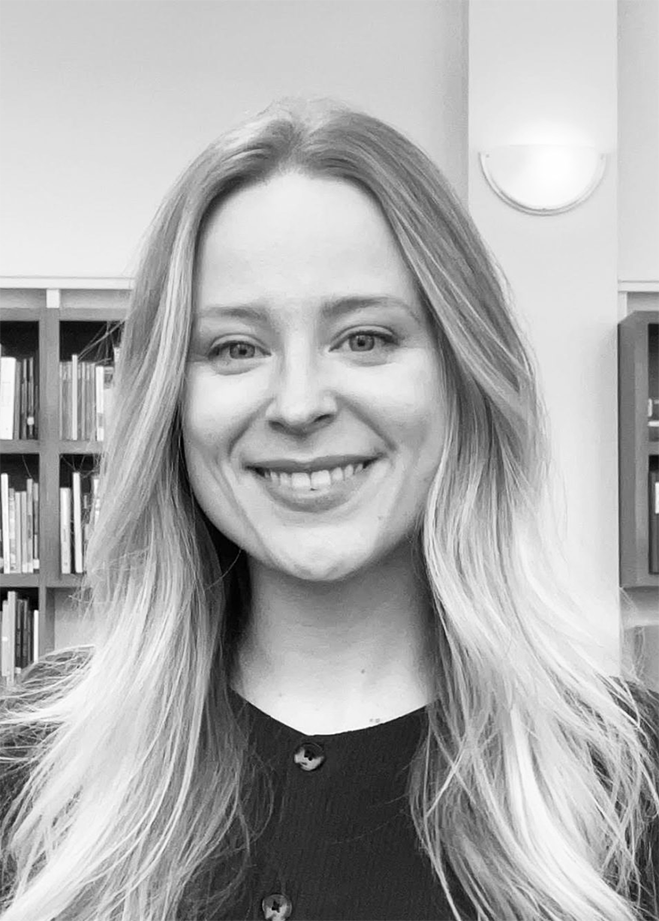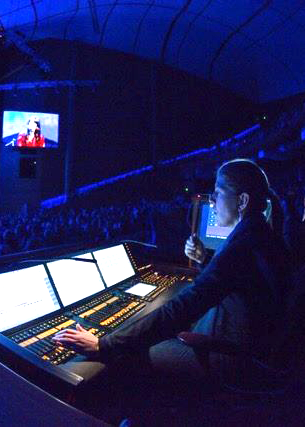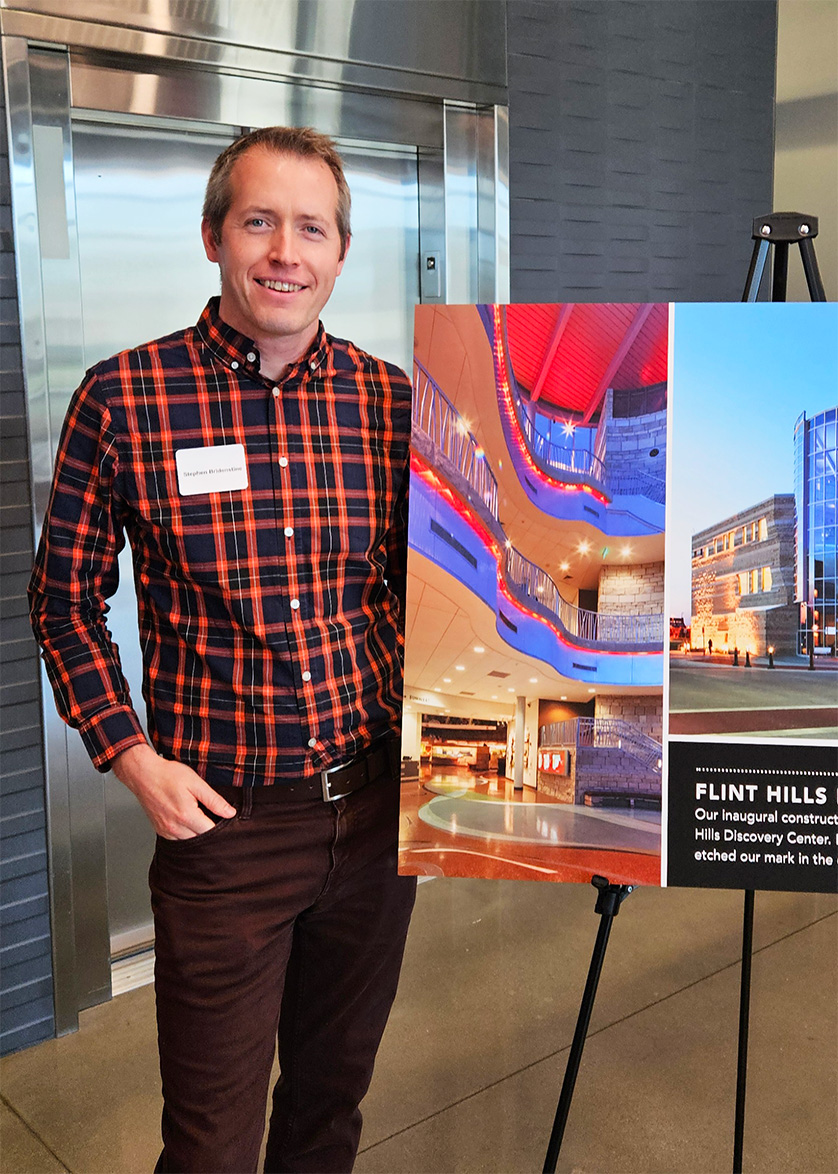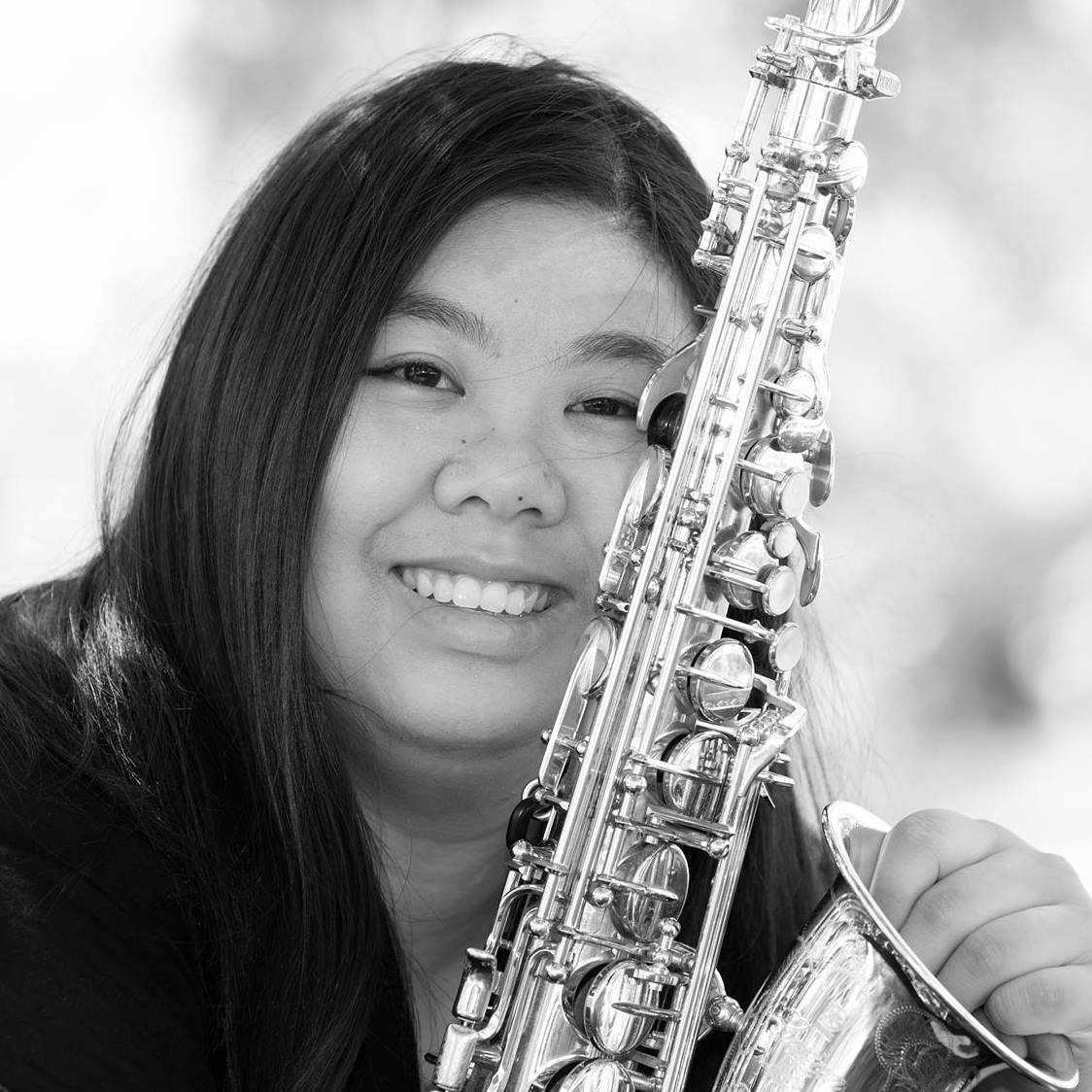Alex Sangha
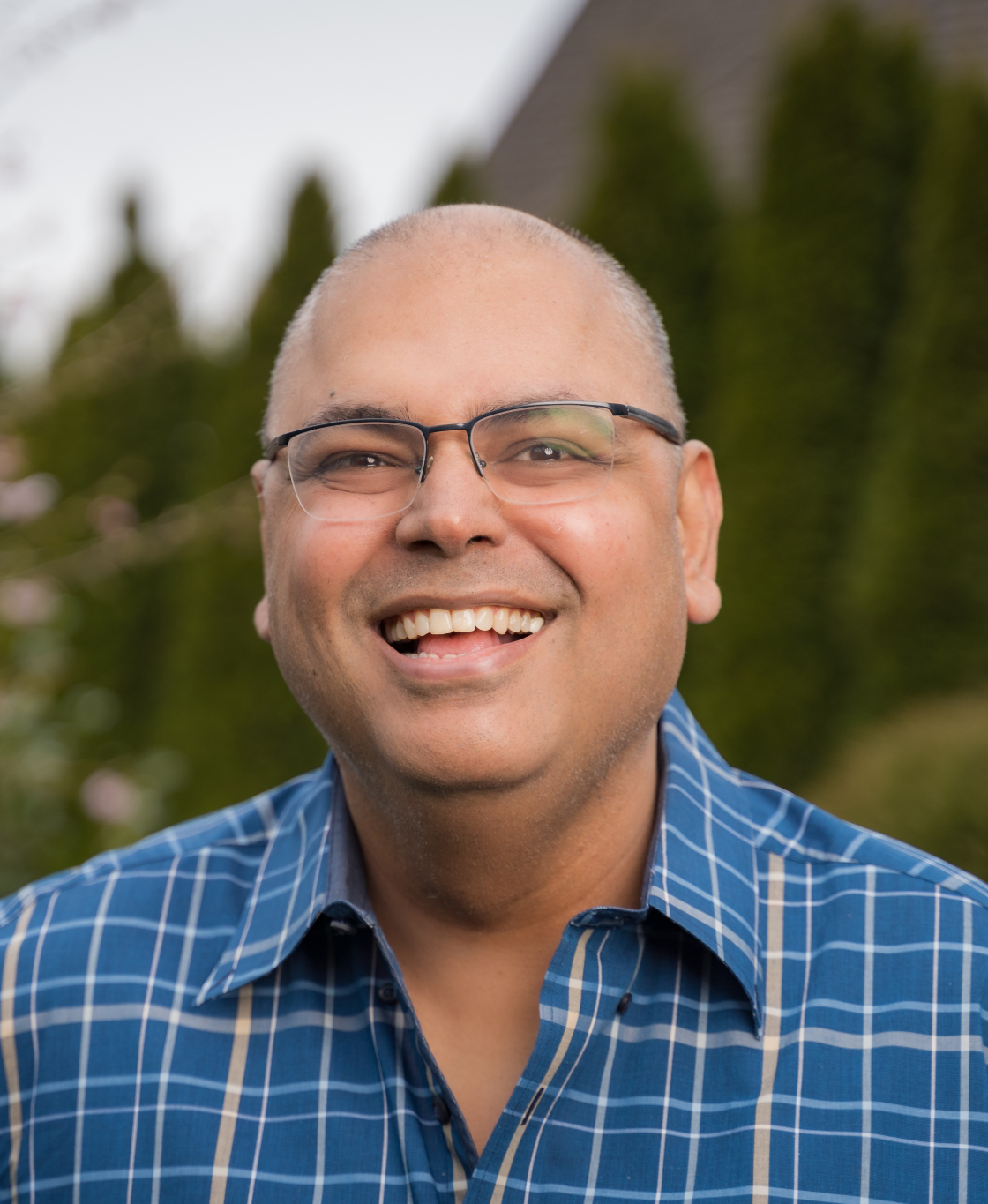
Why did you choose your program at UBC and what did you enjoy most about it?
The UBC School of Social Work has a very good reputation. I wanted to study near my home in Vancouver and I wanted to do a clinical social work practicum.
I was the Co-Chair of Pride UBC. It was the first time I was out and truly free to be myself. I dated a nice guy from Latin America and nurtured lasting relationships with a number of professors, who have always supported me in my various projects and career opportunities after graduation.
What were some of your most meaningful experiences at UBC?
I loved going swimming at the outdoor pool—I used to swim for at least an hour, four to five days a week. This helped with my mental, emotional, spiritual, and physical well being. It also kept me stable and healthy as I am blessed with bipolar. I say that I am “blessed” because I feel being bipolar makes me a creative humanitarian. I had a wonderful psychiatrist at UBC Hospital and I met many professionals from many backgrounds and disciplines at UBC.
I also loved the variety of food choices, on-campus restaurants, and watching movies in the discounted Student Union Building. There was always something fun to do at UBC. And the icing on the cake was when you graduate from UBC, many doors open for you because everyone knows it is very competitive to gain admission to the university and that you must be a very hard worker in order to graduate with good marks.
What choices did you make at UBC that contributed to your career success / journey?
I studied social work because I wanted to devote my career to selfless service. I wanted to help people and make a difference in people’s lives. I did not want other people to suffer or feel alone because they were gay or Punjabi Sikh or living with a mental health challenge (or what I like to see as an opportunity.) I involved myself in a lot of activities at UBC and the network I developed has lasted to this day.
What was your first job after graduation and what other jobs did you have before your current position?
My first job was to work for the Ministry of Children and Family Development as a social worker in special needs and child care, foster care, and adults with developmental disabilities. My other roles include:
- Associate with No Fear Counselling doing mostly counselling for ICBC clients who are suffering from PTSD, anxiety, stress, worry, and trauma from car accidents.
- Team Leader and Clinical Coordinator with Fraser Health Authority at Langley Mental Health and Substance Use Services.
- Group Facilitator with Stroh Health Care teaching the Relationship Violence Program. This is a provincially mandated course for men on probation who have been charged with domestic violence.
- Mental Health Clinician with the Older Adult Community Mental Health Services Team with Surrey Mental Health and Substance Use Services at Fraser Health Authority.
- Social Worker at Oceanside at Peace Arch Hospital in the Geriatric Tertiary Psychiatry Unit at Fraser Health Authority.
- Counsellor and Therapist – Private Practice. I use Cognitive Behaviour Therapy (CBT), Strengths Based Counselling, Biopsychosocial Model, Supportive Therapy, and Systems Theory.
- Youth Counsellor with the Boys and Girls Club of South Coast BC.
Is your current career path as you originally intended? What challenges did you face in launching your career?
No, I thought I would exclusively work as a professional clinical social worker. I obtained my Registered Clinical Social Worker designation which allows me to diagnose people using the Diagnostic and Statistical Manual of Mental Disorders in BC.
I was not expecting I would become a documentary filmmaker. I have produced two award-winning films: My Name Was January about transgender women of colour, and Emergence: Out of the Shadows about coming out in the Punjabi Sikh community of Metro Vancouver and the reactions of their parents. My films have screened at Academy Award, BAFTA, and Canadian Screen Award qualifying festivals, as well as broadcast on Knowledge Network, TVO, and OUTtv.
The major challenge I faced in my career was trying to keep pace with all the necessary learning that you have to do in a clinical setting like a hospital or mental health team.
What do you like about your current job and what do you find challenging? How does it relate to your degree?
I love being a private counsellor and a documentary film producer. I feel making films about social advocacy and social activism is another way to have a social impact and do social work.
I love being my own boss and setting my own routine and schedule. I love the feedback I get from my clients and from people who watch my films and share how my efforts and work have impacted them.
A social work degree taught me how to be resourceful, how to connect the dots, and how to make things happen. The UBC School of Social Work taught me how to be a social change agent. You learn how to think critically and challenge the status quo. You are taught to support social justice issues and make the world a better place for those who are marginalized, vulnerable, and in need of our advocacy.
From your experience, what has been the value of having an Arts degree?
An Arts degree teaches you to think “outside of the box.” An Arts degree is based on humanity, and people’s lived experiences. It’s about the real world and what impacts people. You learn about the systems and strengths of people and the environment that shape people’s lives and decisions. As an Arts graduate, you also have a broad generalist knowledge of many disciplines such as social work, sociology, psychology, anthropology, and economics.
What advice would you give to students and alumni interested in breaking into your industry?
My motto in life is “everything is possible if we work together” and “if everyone just helps and mentors one person in their life, then all the people of the world will be empowered.”
What advice would you give to your graduating self?
I would say don’t be afraid to try new things. Without risk, there is no reward. Believe in yourself. Be adventurous. Have faith that you can excel and reach your potential and capacity in whatever job you have a passion for. Love what you do and you will be a success.
Alex Sangha



Why did you choose your program at UBC and what did you enjoy most about it?
The UBC School of Social Work has a very good reputation. I wanted to study near my home in Vancouver and I wanted to do a clinical social work practicum.
I was the Co-Chair of Pride UBC. It was the first time I was out and truly free to be myself. I dated a nice guy from Latin America and nurtured lasting relationships with a number of professors, who have always supported me in my various projects and career opportunities after graduation.
What were some of your most meaningful experiences at UBC?
I loved going swimming at the outdoor pool—I used to swim for at least an hour, four to five days a week. This helped with my mental, emotional, spiritual, and physical well being. It also kept me stable and healthy as I am blessed with bipolar. I say that I am “blessed” because I feel being bipolar makes me a creative humanitarian. I had a wonderful psychiatrist at UBC Hospital and I met many professionals from many backgrounds and disciplines at UBC.
I also loved the variety of food choices, on-campus restaurants, and watching movies in the discounted Student Union Building. There was always something fun to do at UBC. And the icing on the cake was when you graduate from UBC, many doors open for you because everyone knows it is very competitive to gain admission to the university and that you must be a very hard worker in order to graduate with good marks.
What choices did you make at UBC that contributed to your career success / journey?
I studied social work because I wanted to devote my career to selfless service. I wanted to help people and make a difference in people’s lives. I did not want other people to suffer or feel alone because they were gay or Punjabi Sikh or living with a mental health challenge (or what I like to see as an opportunity.) I involved myself in a lot of activities at UBC and the network I developed has lasted to this day.
What was your first job after graduation and what other jobs did you have before your current position?
My first job was to work for the Ministry of Children and Family Development as a social worker in special needs and child care, foster care, and adults with developmental disabilities. My other roles include:
- Associate with No Fear Counselling doing mostly counselling for ICBC clients who are suffering from PTSD, anxiety, stress, worry, and trauma from car accidents.
- Team Leader and Clinical Coordinator with Fraser Health Authority at Langley Mental Health and Substance Use Services.
- Group Facilitator with Stroh Health Care teaching the Relationship Violence Program. This is a provincially mandated course for men on probation who have been charged with domestic violence.
- Mental Health Clinician with the Older Adult Community Mental Health Services Team with Surrey Mental Health and Substance Use Services at Fraser Health Authority.
- Social Worker at Oceanside at Peace Arch Hospital in the Geriatric Tertiary Psychiatry Unit at Fraser Health Authority.
- Counsellor and Therapist – Private Practice. I use Cognitive Behaviour Therapy (CBT), Strengths Based Counselling, Biopsychosocial Model, Supportive Therapy, and Systems Theory.
- Youth Counsellor with the Boys and Girls Club of South Coast BC.
Is your current career path as you originally intended? What challenges did you face in launching your career?
No, I thought I would exclusively work as a professional clinical social worker. I obtained my Registered Clinical Social Worker designation which allows me to diagnose people using the Diagnostic and Statistical Manual of Mental Disorders in BC.
I was not expecting I would become a documentary filmmaker. I have produced two award-winning films: My Name Was January about transgender women of colour, and Emergence: Out of the Shadows about coming out in the Punjabi Sikh community of Metro Vancouver and the reactions of their parents. My films have screened at Academy Award, BAFTA, and Canadian Screen Award qualifying festivals, as well as broadcast on Knowledge Network, TVO, and OUTtv.
The major challenge I faced in my career was trying to keep pace with all the necessary learning that you have to do in a clinical setting like a hospital or mental health team.
What do you like about your current job and what do you find challenging? How does it relate to your degree?
I love being a private counsellor and a documentary film producer. I feel making films about social advocacy and social activism is another way to have a social impact and do social work.
I love being my own boss and setting my own routine and schedule. I love the feedback I get from my clients and from people who watch my films and share how my efforts and work have impacted them.
A social work degree taught me how to be resourceful, how to connect the dots, and how to make things happen. The UBC School of Social Work taught me how to be a social change agent. You learn how to think critically and challenge the status quo. You are taught to support social justice issues and make the world a better place for those who are marginalized, vulnerable, and in need of our advocacy.
From your experience, what has been the value of having an Arts degree?
An Arts degree teaches you to think “outside of the box.” An Arts degree is based on humanity, and people’s lived experiences. It’s about the real world and what impacts people. You learn about the systems and strengths of people and the environment that shape people’s lives and decisions. As an Arts graduate, you also have a broad generalist knowledge of many disciplines such as social work, sociology, psychology, anthropology, and economics.
What advice would you give to students and alumni interested in breaking into your industry?
My motto in life is “everything is possible if we work together” and “if everyone just helps and mentors one person in their life, then all the people of the world will be empowered.”
What advice would you give to your graduating self?
I would say don’t be afraid to try new things. Without risk, there is no reward. Believe in yourself. Be adventurous. Have faith that you can excel and reach your potential and capacity in whatever job you have a passion for. Love what you do and you will be a success.
